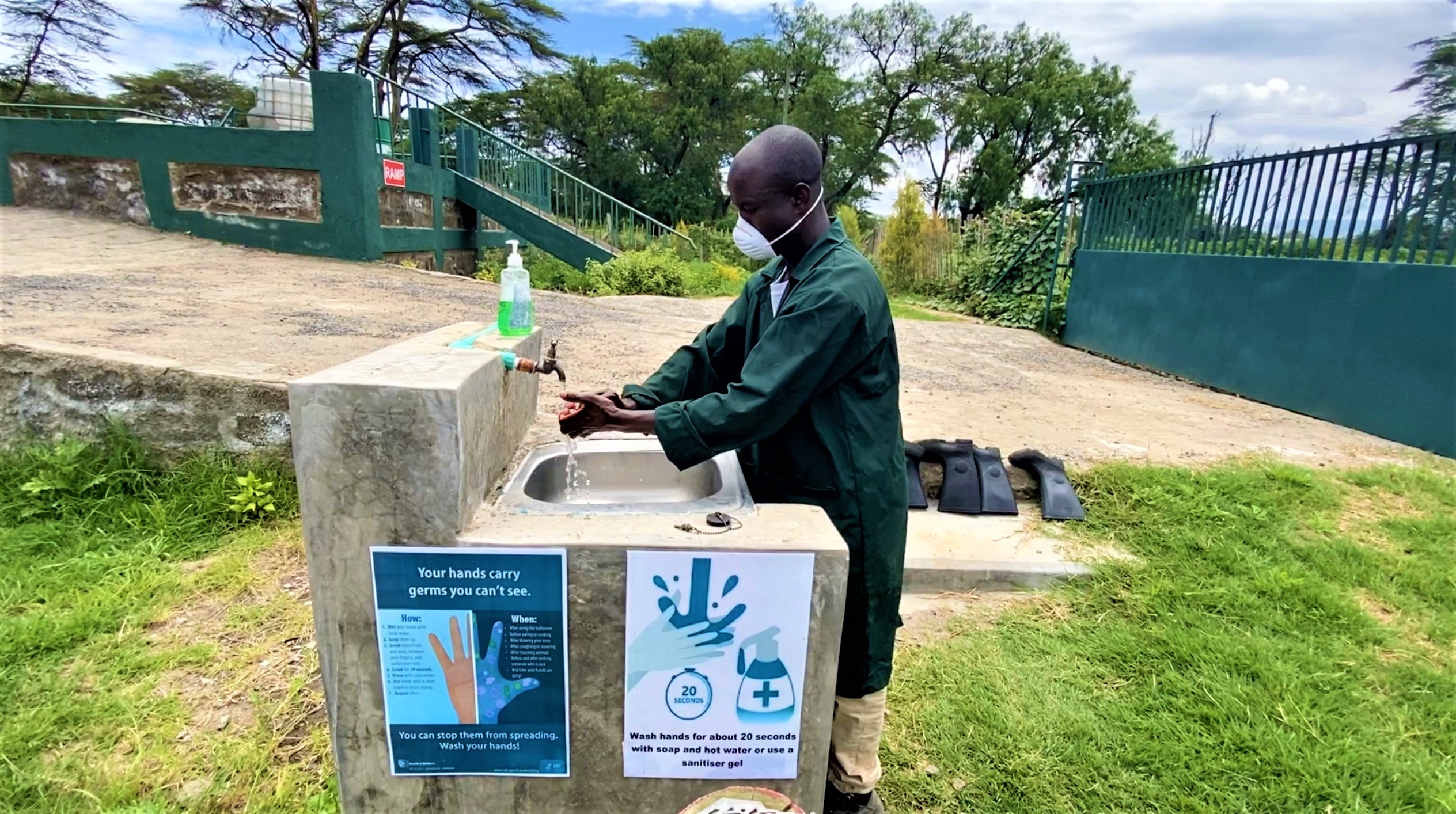The Covid-19 crisis is taking its toll worldwide, but it is affecting everyone in a different way.
Unfortunately, there are drastic inequalities in how well people can protect themselves from the spread of the coronavirus. Many people are not in the position to wash their hands with soap for 20 seconds. Besides that, one in four health care facilities worldwide lacks basic water and sanitation services. This means two billion people rely on health care facilities without safe water.
Entrepreneurship plays a critical role in providing access to safe water and sanitation, complementing public efforts. In Kenya for instance, water utilities have the capacity to serve 23% of the 48-million population. Private enterprises provide water services to almost 70% of the population. Despite these joint efforts, around 3,5 million Kenyans do not have regular access to safe water.
In many countries under lockdown, private water entrepreneurs are permitted to continue operating as “essential service”. But many of them are facing serious challenges meeting the higher demand for safe water, due to restrictions on movement and lost revenues. Governments cannot assist these private water entrepreneurs because of limited funds and corona-fighting private grants are mainly allocated for research and humanitarian relief interventions.
It is no (more) business as usual
We hear from water entrepreneurs that they desperately need funding to meet the increased demand and safeguard access to safe water, especially for low-income people and health care facilities.
They must increase storage capacity and access points in communities where private connections are not an option. More operating hours results in higher fuel costs and emergency repairs.
At the same time, additional staff safety and hygiene measures are costly. There are no funds to arrange private transportation to prevent infections or buying scarce and expensive protection equipment.
Water entrepreneurs are facing the dilemma that demand for water has increased significantly, but the ability to pay for it has not. They are looking for ways to lower the cost of water, by switching to solar energy pumps or subsidising the price. In addition, they need compensation for revenue shortfall due to free hand outs of water – either through government decree or at their own initiative.
We must act now
Without funding, water and sanitation entrepreneurs will struggle to continue their operations and countless people will be left without access to water and sanitation services.
There is no time to waste. We need to facilitate just-in-time support and funding to overcome barriers to meet the current increased demand. At the same time, it is important to protect entrepreneurship by accelerating the scale up of small and medium enterprises without disrupting the market.
As we face this crisis, it is vital that we support water and sanitation service providers and ensure that the current challenges do not endanger their ability to provide essential services in the long-term.
Considerable efforts are needed to continue supporting water and sanitation service providers. This will ensure that immediate challenges do not undermine the ability to service in the future.
